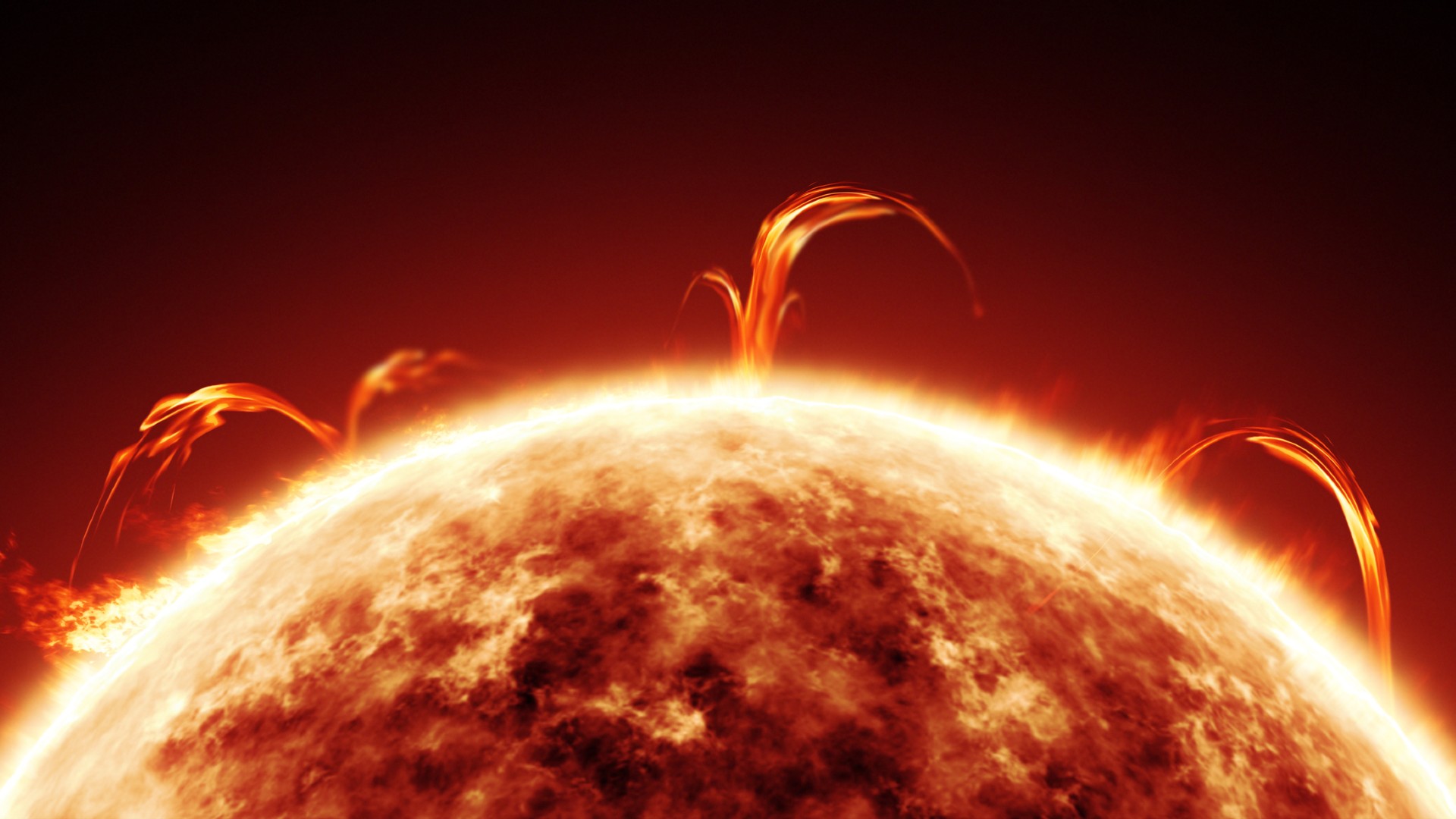Yes, solar storms are increasing, but don't lose sleep over an 'internet apocalypse.'
Non-existent NASA warnings about a months-long global internet shutdown triggered by a major solar storm in 2025 began circulating online recently.

Despite what many headlines have been saying, there's no internet apocalypse on the horizon.
Worries about such a months-long catastrophe began brewing on social media platforms not long after a 2021 study titled "Solar Superstorms: Planning for an Internet Apocalypse" suggested that a major solar storm could severely damage internet cables — specifically those under the sea that connect continents and help power the global internet. (The study was presented at a data communication conference in 2021 but has yet to appear in a peer-reviewed journal.)
Last week, misinformation that builds on fictitious warnings from NASA breathed new life into those "internet apocalypse" concerns, which are once again flourishing online. They include unfounded claims about an impending solar storm that will trigger global internet outage within the next decade, and how NASA's Parker Solar Probe, which was launched in 2018 to study the sun and its weather from up close, can save the internet "from death by solar storm."
NASA hasn't issued any warnings about an internet apocalypse
The current panic is fueled by a non-existent NASA alert about an imminent "internet apocalypse."
Most falsehoods refer to an article published by the space agency in March about its efforts to predict solar storms using artificial intelligence. In that article or elsewhere on its website, NASA has not used the expression "internet apocalypse." Instead, it stems from the same 2021 study, whose sole author, Sangeetha Abdu Jyothi, recently told The Washington Post that she regretted using the phrase and that her paper "just got too much attention."
The online fears are also amplified by peer-reviewed research from earlier this year that showed the sun may arrive at the peak of its current activity in 2024, a year sooner than previously predicted. While scientists do, in fact, expect major solar storms to occur after solar activity reaches its peak, there is no evidence to support the viral rumors that the next major solar storm will cause the internet to go offline.
The effects of major solar storms on electric grids and communication systems are well documented, so it is "good to be wary and perform continuous monitoring and evaluation of the sun-Earth system and the heliospheric system," Vishal Upendran, who is a research associate at the Lockheed Martin Solar and Astrophysics Laboratory in California, told Space.com. However, "more studies are needed to make any strong statements regarding the strength of solar storms," he added.






















